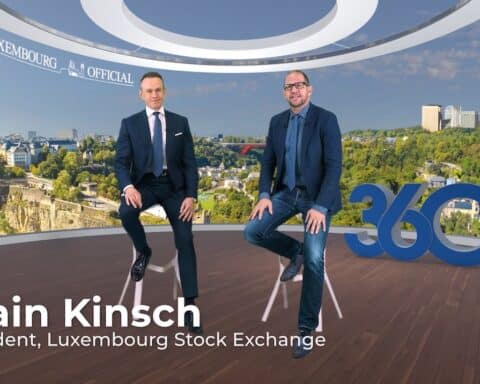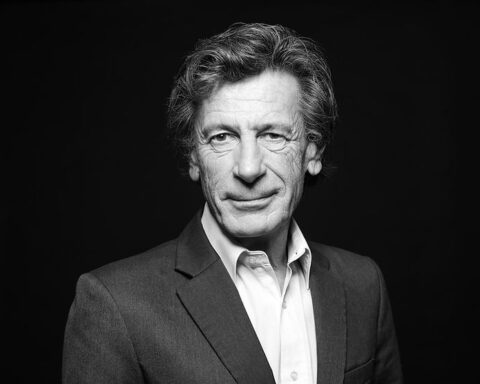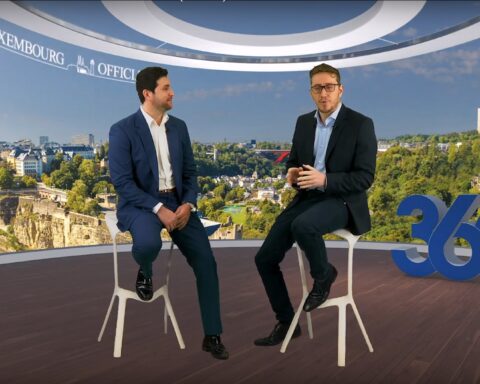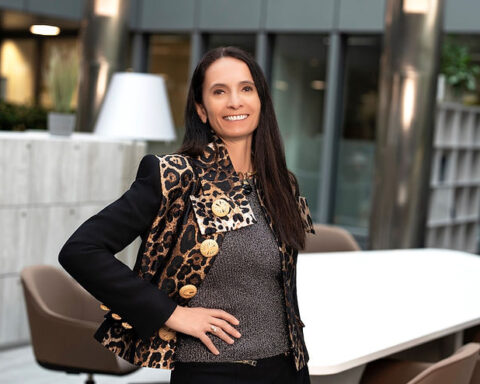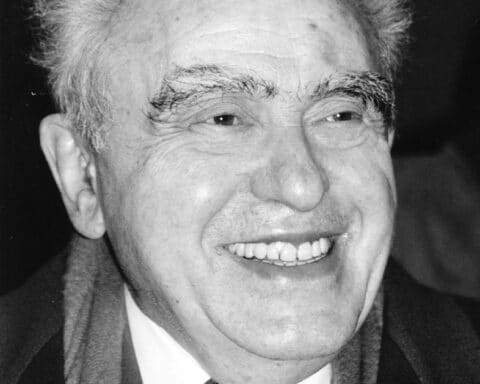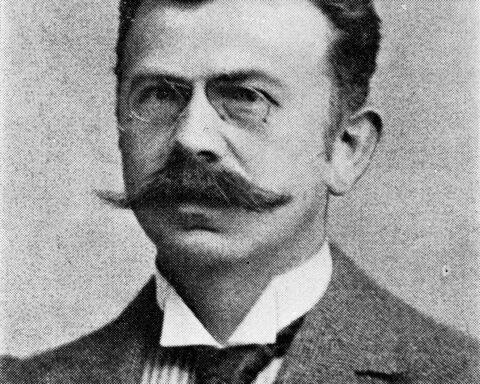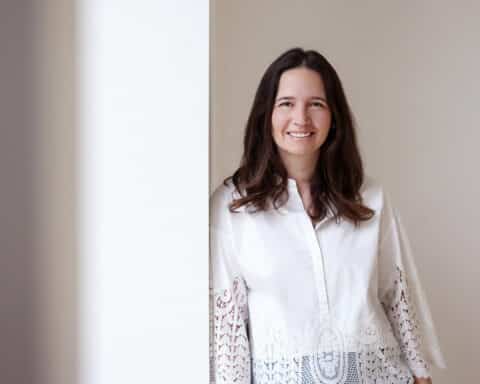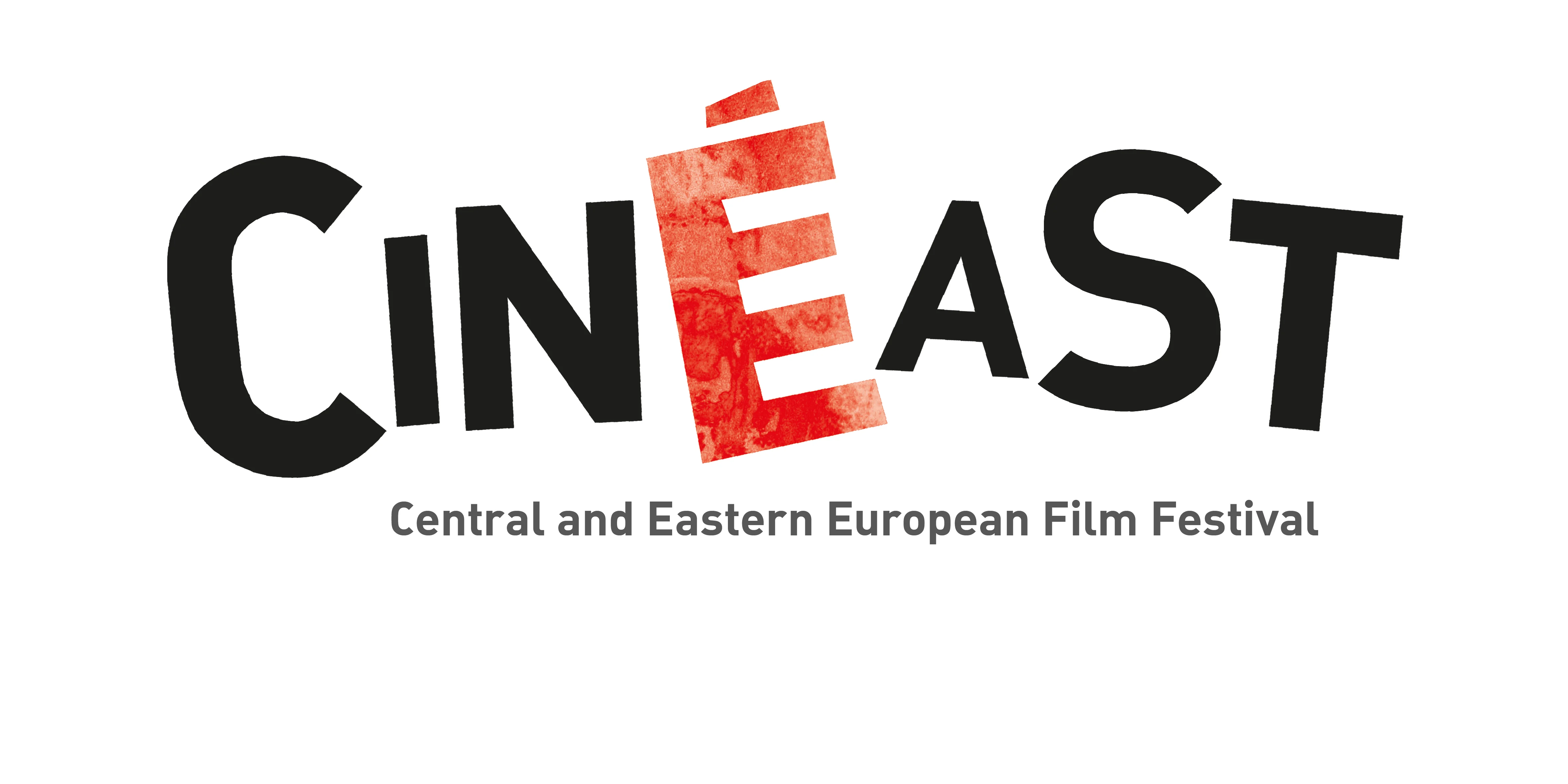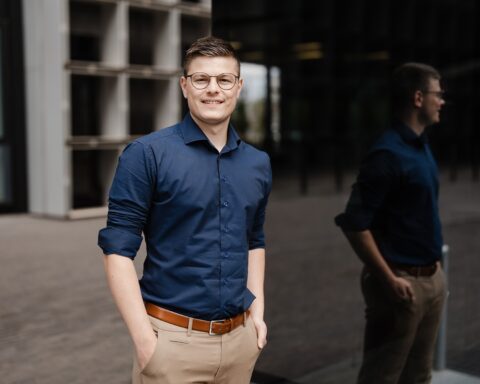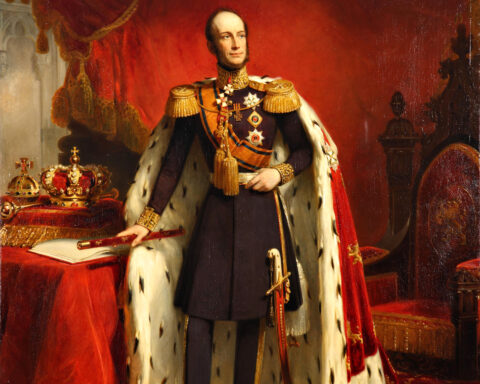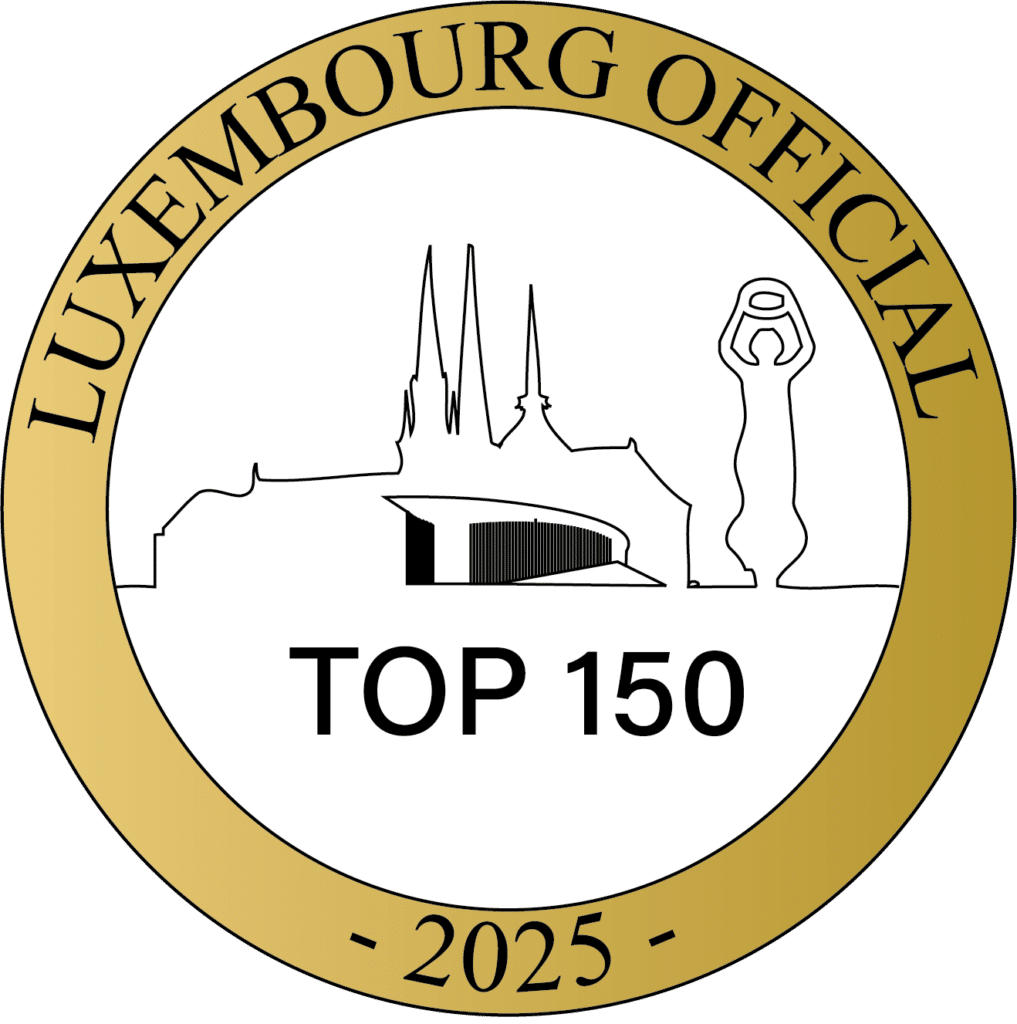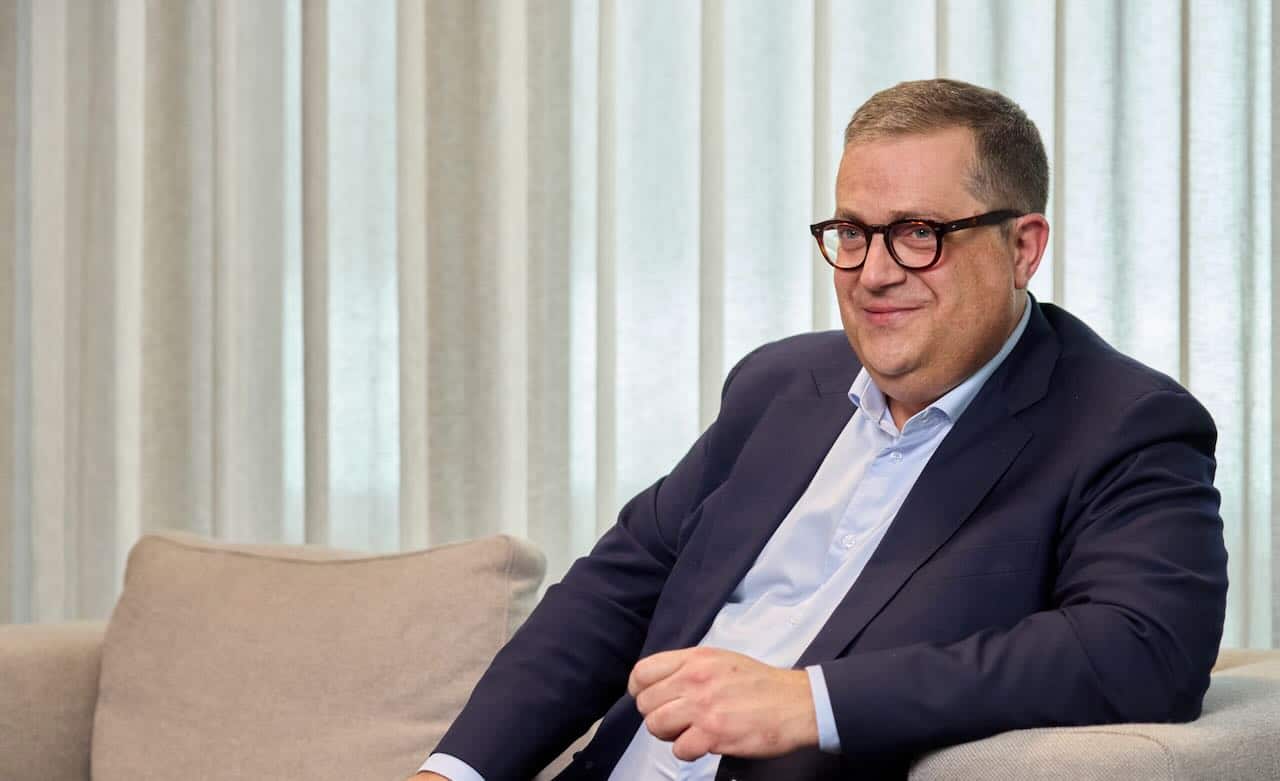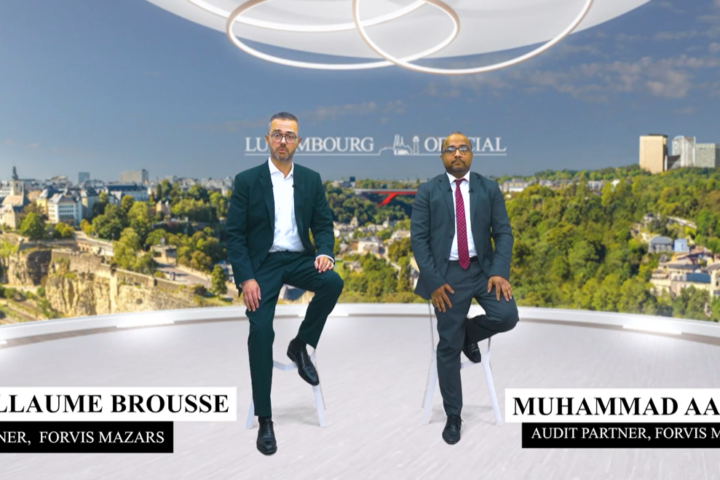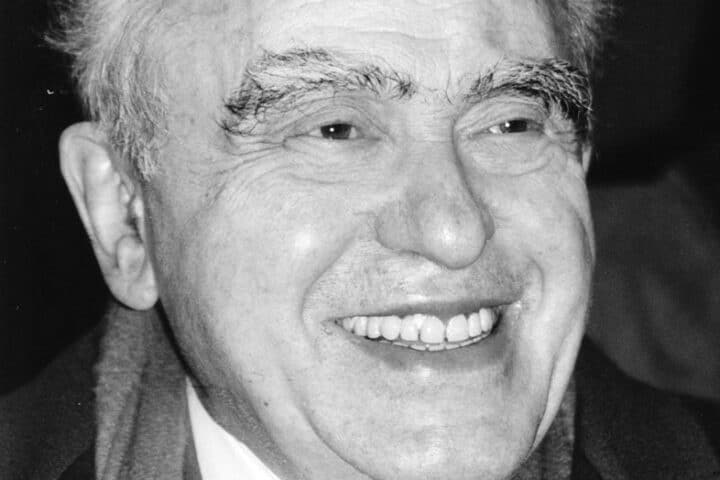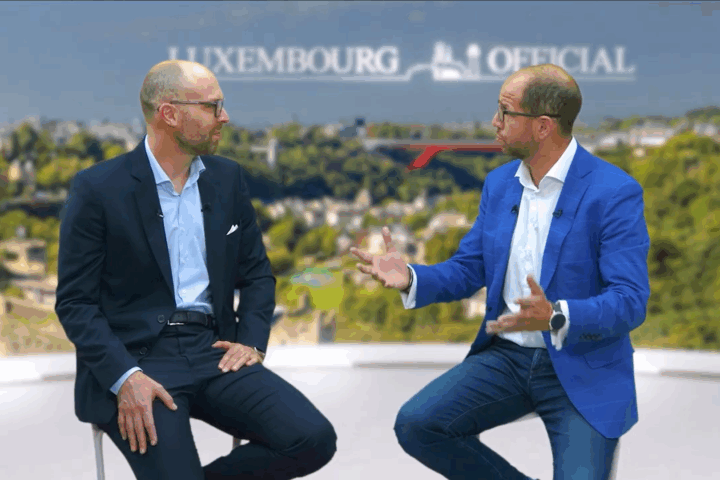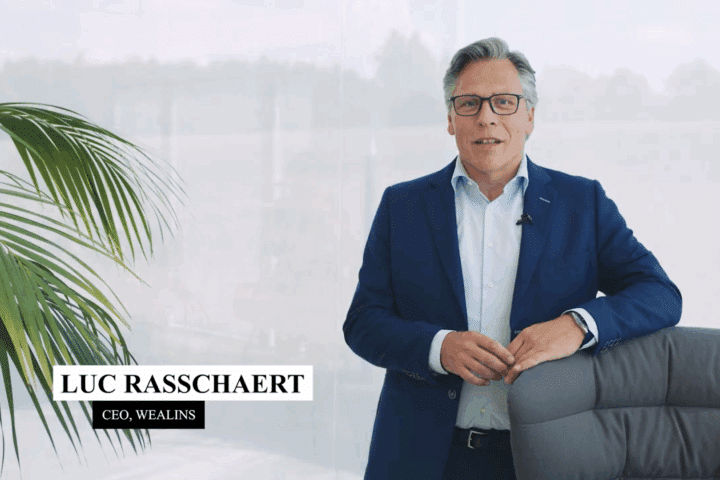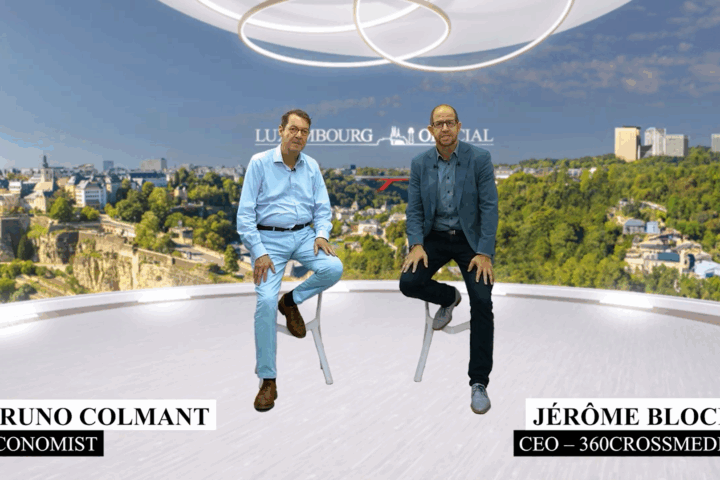John Psaila, CEO of Deloitte Luxembourg, discusses how the EU and Luxembourg can enhance competitiveness by fostering innovation, reducing regulatory complexity, and embracing digital transformation. He highlights the need for decisive action to navigate global economic and geopolitical shifts. Interview.
How can the EU – and Luxembourg – boost their respective competitiveness?
Competitiveness begins where complacency ends. For both the EU and Luxembourg, it’s not just about responding to global shifts—it’s about anticipating them and creating the conditions where innovation thrives. At the European level, we need to complete the unfinished business of the Single Market. Despite being the cornerstone of the EU, it remains fragmented, especially in digital, financial services, and energy. Removing these barriers isn’t just an administrative exercise; it’s about unlocking growth potential and making Europe a magnet for investment. Secondly, Europe must create a more agile economic environment when entrepreneurship flourishes. This means reducing regulatory complexity, fostering cross-border collaboration, and investing in strategic industries like clean technology, AI, and energy resilience. Our businesses need not just stability but the freedom to innovate without being weighed down by administrative burdens. For Luxembourg, competitiveness is synonymous with agility. As a small, open economy, our advantage lies in how quickly we adapt. This means reinforcing our role as a hub for sustainable finance, embracing digital transformation not as a trend but as a fundamental shift, and continuing to attract and retain talent. Our ability to blend stability with dynamism is what will define our success in the coming years.
How important is decisive action in the current economic context?
Decisive action isn’t just important; it’s the difference between shaping events and being shaped by them. We are navigating a world where geopolitical tensions, technological disruptions, and environmental crises intersect. In such an environment, indecision carries a heavier cost than making the wrong choice. The EU’s strategic frameworks are steps in the right direction, but they must be more than just policy papers—they need to translate into concrete actions with measurable outcomes. We cannot afford to be paralysed by bureaucracy or diluted by endless negotiations. The pace of change in global markets is unforgiving, and Europe’s response must be swift and strategic. In Luxembourg, we’ve seen how decisive policy moves—whether in financial regulation, tax reform, or sustainability—can have outsized impacts. Our economic resilience during past crises wasn’t accidental; it was the result of proactive leadership. The lesson is clear: in times of uncertainty, clarity and courage are the best strategies.
“The greatest risk for both Europe and Luxembourg is not external—it’s inertia.”
Which risks and opportunities do you identify for both?
The greatest risk for both Europe and Luxembourg is not external—it’s inertia. The temptation to maintain the status quo, to rely on past successes, or to assume that current advantages will persist is the real threat. Technological disruption, energy security concerns, demographic shifts, and geopolitical instability are not distant clouds on the horizon—they are here, now, reshaping the landscape. Yet within these risks lie unprecedented opportunities. Europe has the chance to lead in the green transition, not just as a regulatory force but as an economic powerhouse in clean technologies. The same applies to digital sovereignty. With the right investments in AI, quantum computing, and cybersecurity, Europe can set global standards rather than follow them. For Luxembourg, our small size is not a limitation but a strategic asset. We can be the laboratory where new ideas are tested, where regulatory innovation happens, and where cross-border partnerships thrive. Whether in fintech, space technologies, or sustainable finance, Luxembourg can excel by staying agile, connected, and forward-looking. In the end, the question is simple: will we be passive observers of global shifts, or will we lead with purpose and conviction? The answer will define not just our economic future, but the legacy we leave behind.

